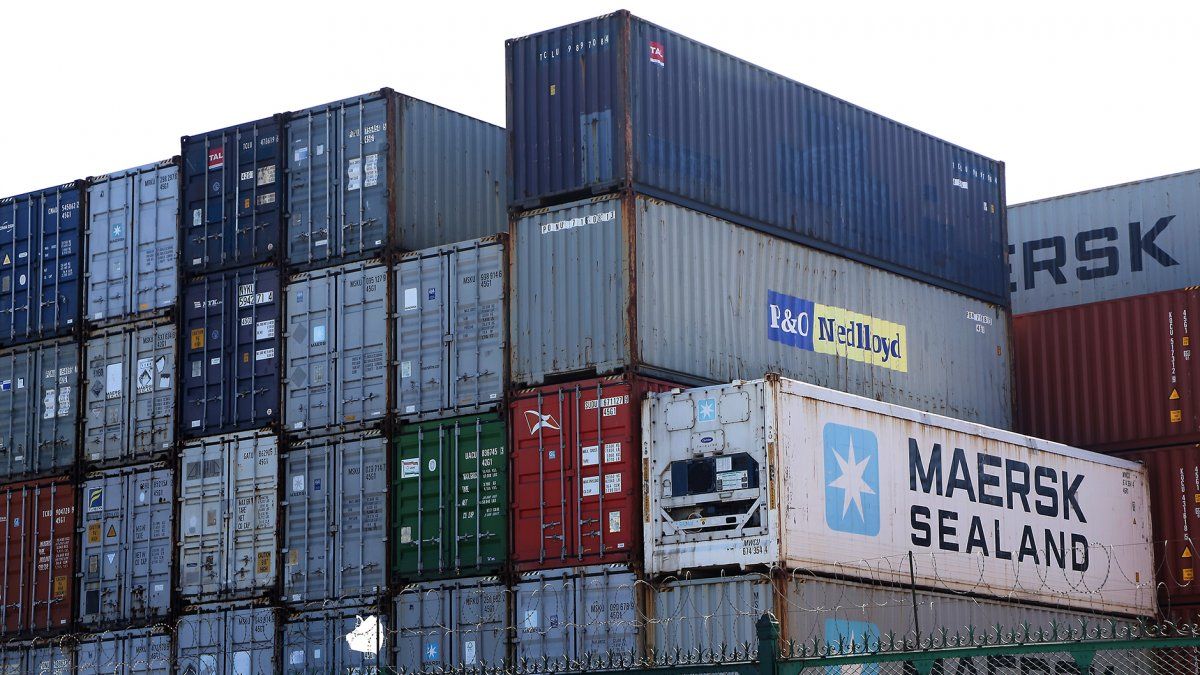Precisely, at the meeting the intention to implement a financing line for imports in installments was announced. “exceeding 180 days between Banco de la Nación Argentina and Banco do Brasil”. In the subsequent press conference, Massa clarified that the term will be 366 days.
The official intention is for this operation to be extended to at least other public banks in both countries, according to official sources told Ambit. The mechanism consists in that the local bank supports the importer, the Brazilian bank pays the exporter from the neighboring country and when the local counterparty has access to the exchange market, the operation is cancelled.
It is estimated that the operation could be implemented quickly since it already exists in Brazil, in addition to the existence of agreements between institutions of both countries, such as between the National Bank for Economic and Social Development of Brazil and the Bank of Investment and Foreign Trade of Argentina.
Massa explained that this financing operation “would contribute to having a greater availability of foreign currency, which would allow financing to import the inputs that the country needs to continue its growth process.”
He also pointed out that Brazil will benefit because “they would help the country’s companies have greater fluidity and lower costs in bilateral trade.”
Specialists point out that the measure will contribute not only to decompress the pressures suffered by the Central Bank due to the shortage of reserves, but will also tend to a greater balance in the commercial exchange.
Regarding the first point, it must be taken into account that, according to private calculations, the net reserves in the Central Bank are around 7,500 million dollars, which represent little more than a month of imports.
On the other hand, trade with Brazil has historically been deficient for Argentina. Since 2004 and with the only exceptions in 2019 and 2021, bilateral trade has always been negative for Argentina. Last year it closed with a red of 2,250 million dollars.
massa haddad.jpg
The Minister of Economy, Sergio Massa, and his counterpart from Brazil, Fernando Haddad.
local currencies
In this same line of agreement, the minister affirmed that “it seeks to expand the use of local currencies through the intensification of negotiations between central banks and other responsible bodies to improve the Local Currency Payment System (SML) and expand its use and scope, towards unimpeded trade and including trade in services”. “
“We also established mechanisms to advance in common documents to cover the objective of achieving a common currency, not a single one. Its main objective is that we have a common trade mechanism”, Massa clarified.
The SML is a payment clearing system between Argentina and Brazil for commercial operations, which allows Brazilian and Argentine importers and exporters to make payments and receipts in their respective currencies, without having to resort to exchanging operations to dollars.
However, Massa recognized that “the operations carried out in this way still have a low weight within the bilateral trade of the countries. For this reason, based on the agreement, it is proposed to encourage the entry of new operators and generate greater commercial credit between countries”. Precisely, Massa announced that “The first week of February an economy team travels, plus a team from Banco Nación, to work on other issues. And, in the second week it is probable that there will be a meeting of the Central Banks”.
energy integration
The agreements with Brazil “seek to jointly evaluate, with a sense of priority and urgency, the financing of strategic projects of binational interest, such as the President Néstor Kirchner Gas Pipeline,” the minister said during the meeting with the businessmen, adding that “The completion of the gas pipeline will allow us to open a door for the supply of energy and gas to Brazil with a reduction in transportation costs.”
From a medium and long-term perspective, Massa also asserted that the “objective is for the technical teams to continue evaluating other mechanisms to deepen the financial integration of the region, such as the possibility of creating a South American currency.”
In this regard, he recalled that MERCOSUR is a block that represents the fifth global economy with almost 300 million inhabitants, which in 2021 had a trade with the world of almost USD 600,000 million, with a favorable trade balance of almost USD 80,000 million. After presenting these numbers, he considered that “without a doubt, the idea of a common currency is an element that promotes regional stability, strengthening trade between countries, and greater and better integration of their economies.”
Source: Ambito
David William is a talented author who has made a name for himself in the world of writing. He is a professional author who writes on a wide range of topics, from general interest to opinion news. David is currently working as a writer at 24 hours worlds where he brings his unique perspective and in-depth research to his articles, making them both informative and engaging.




